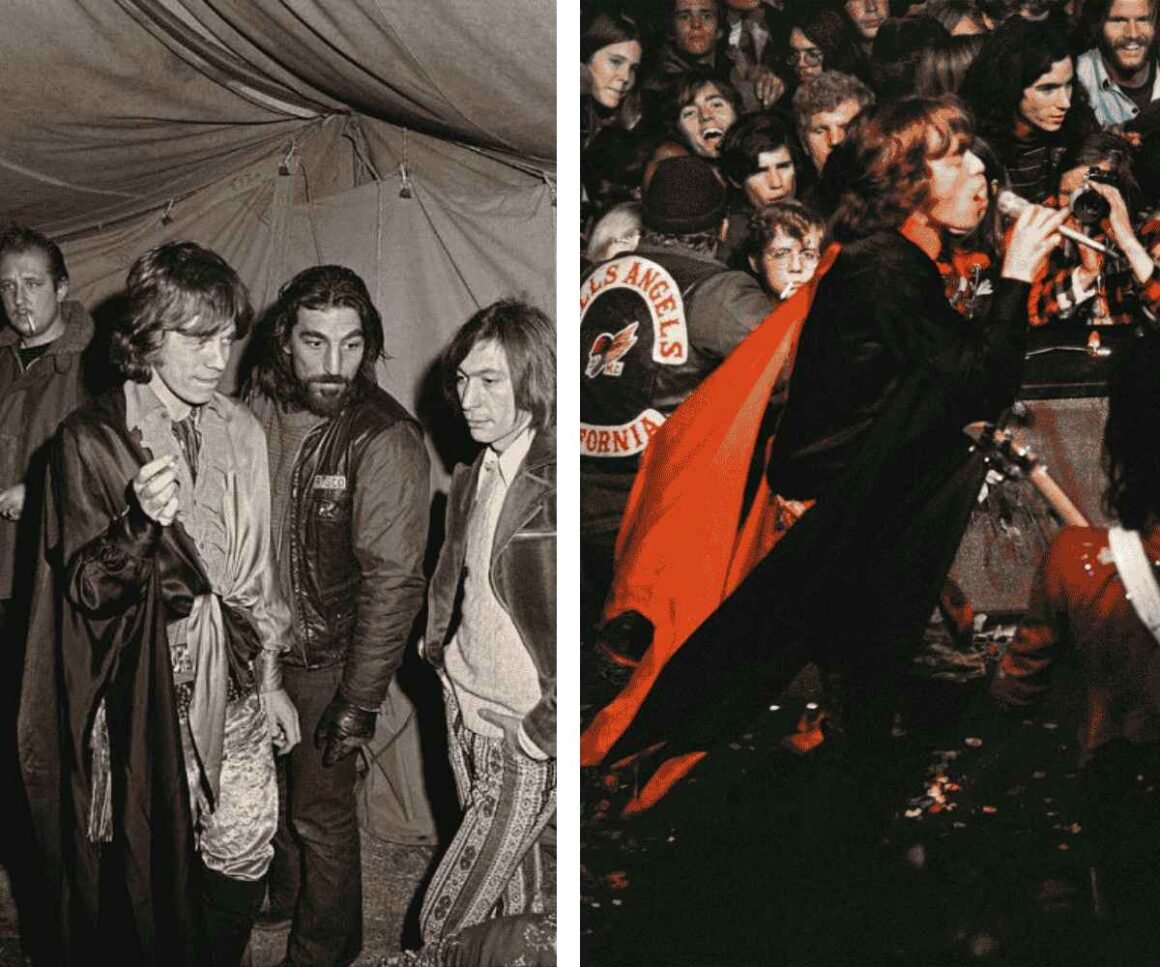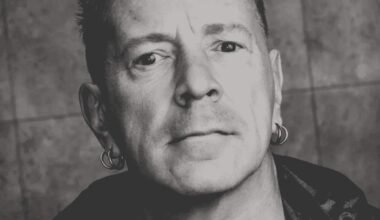The Altamont Free Festival, planned to be a huge celebration in 1969, ended in chaos and violence, leaving an inerasable scar on rock history. Here’s a closer look at how things went so wrong during the event.
The Venue Change: A Problem from the Start
Originally set for San Francisco’s Golden Gate Park, the festival was moved at the last minute to Altamont Speedway due to rising tensions between the local police and the hippie crowd. Paul Kantner of Jefferson Airplane said this tension set a negative tone for the event before it even began.
A Dangerous Stage Setup
Another issue was the poorly placed stage. Pearl Jam’s tour manager, Chip Monock, pointed out that the stage was only 39 inches high and on a slope. This made it too easy for the crowd to push toward it, creating a risky situation for everyone.
Hells Angels as Security: A Huge Mistake
One of the most controversial decisions was hiring the Hells Angels biker gang to handle security in exchange for $500 worth of beer. Their role was supposed to be protecting the generators—not handling crowd control. But as the day went on, the gang, armed with pool cues and chains, became involved in violent fights with the crowd.
There were multiple reports of injuries, including a person with a skull fracture and others attacked by the Hells Angels. After that, things just got out of hand immediately.
Onstage Violence
Things worsened during the performances. Jefferson Airplane’s Marty Balin was knocked out while trying to stop a fight, and Stephen Stills of Buffalo Springfield was reportedly stabbed in the leg by a gang member. Fearing for their safety, the Grateful Dead decided not to perform.
The Rolling Stones’ Set and the tragedy of Meredith Hunter
The worst part of the festival came during The Rolling Stones’ set. With thousands of people crowding the stage, tension grew. Mick Jagger asked the audience to calm down, but the situation turned deadly when 18-year-old Meredith Hunter, armed with a gun, tried to rush the stage. He was fatally stabbed by Hells Angels members.
Despite the tragedy, The Rolling Stones continued to play, fearing that stopping the show might make the situation even worse.
A Dark Chapter in Rock History
What was supposed to be a peaceful festival ended in violence and tragedy. The Altamont Free Festival is now remembered as a warning of how quickly things can go wrong. It marked the end of the free-spirited 1960s music scene and serves as a reminder of the fine line between rebellion and chaos in rock ‘n’ roll.
The Altamont Free Festival remains a sobering lesson in event management and the consequences of poor planning. Its legacy as one of the darkest moments in music history is still felt today.







